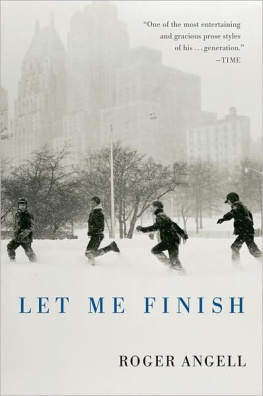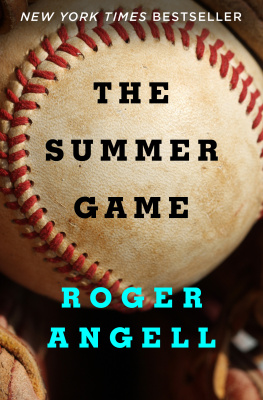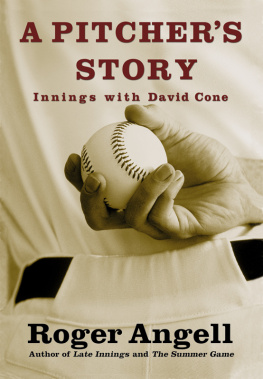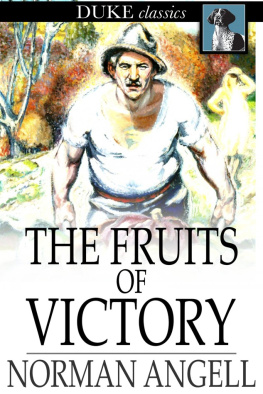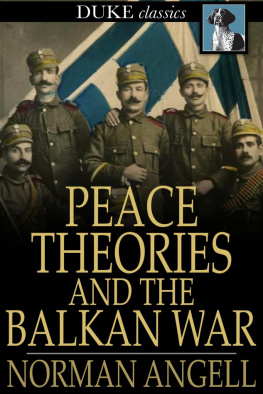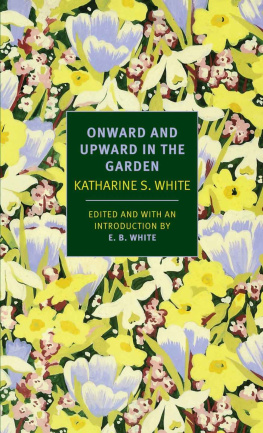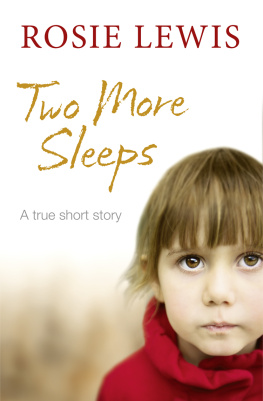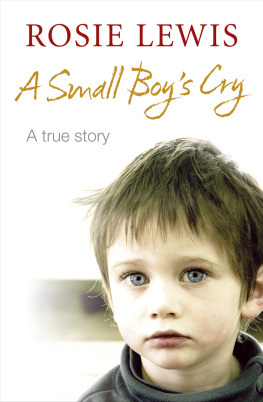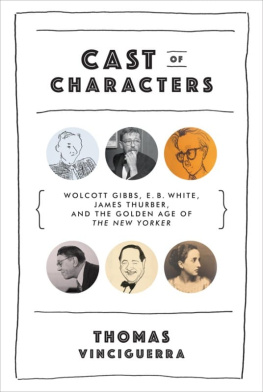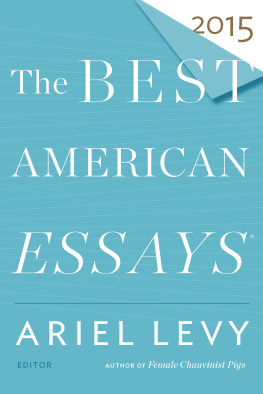Copyright 2006 by Roger Angell
All rights reserved. No part of this publication may be
reproduced or transmitted in any form or by any means,
electronic or mechanical, including photocopy, recording,
or any information storage and retrieval system, without
permission in writing from the publisher.
Requests for permission to make copies of any part of the work
should be submitted online at www.harcourt.com/contact or mailed
to the following address: Permissions Department, Harcourt, Inc.,
6277 Sea Harbor Drive, Orlando, Florida 32887-6777.
www.HarcourtBooks.com
"A Drink with Something in It" is copyright 1935 by Ogden Nash and is
reprinted by permission of Curtis Brown, Ltd.
Library of Congress Cataloging-in-Publication Data
Angell, Roger.
Let me finish/Roger Angell.1st ed.
p. cm.
1. Angell, Roger. 2. SportswritersUnited StatesBiography.
3. AuthorsUnited StatesBiography. I. Title.
GV742.42.A76 A3 2006
070.4'40796092dc22 2005033067
ISBN 978-0-15-101350-0
ISBN 978-0-15-603218-6 (pbk.)
Text set in Adobe Garamond
Designed by Scott Piehl
Printed in the United States of America
First Harvest edition 2007
K J I H G F E D C B A
Introduction
M OST of the true stories in this book were written in the last three years and came as a surprise to me, the author. I'd not planned a memoir, if that's what this is, and never owned a diary or made notes about the passage of the days. "The King of the Forest," a piece of mine about my late father, Ernest Angell, was inspired by a letter I'd received from a woman I didn't know, enclosing a story he'd written for the children's magazine St. Nicholas, in 1903, when he was thirteen, which tells a family tragedy in a fresh way. My own piece was well received when it ran in The New Yorker but got mixed reviews from others in the family, who shook their heads and told me that I'd pretty much blown my portrait of Father. "He was never like that," they said. "Not with me." Our stories about our own lives are a form of fiction, I began to see, and become more insistent as we grow older, even as we try to make them come out in some other way.
There is a bit of melodrama attached to a golf game I once played in Maine, back in 1940a turn of events so strange that I tucked it away as something I might write one day. But I never could get it right, couldn't find a form or a tone for it. I even tried to write it as a short story but quickly gave that up as well. I saved one paragraph, a description of the little harborside course and how it looked to us teenagers back then, as a memorandum or preservative, and that found its way intact into the chapter "Getting There," when it sprang to life in my head a year ago and got written in three days.
These old stories we tell ourselves in the middle of the night require no more than a whisper or a street noise to get them whirring again in a fresh production. William Maxwell, in his autobiographical novel "So Long, See You Tomorrow," recalls himself as a small boy with an earache, back at home in Lincoln, Illinois, and his father, bending close, blowing cigar smoke into his ear to make him feel better. My story about my father begins with the perfectly remembered sound of his pen on paper while he writes letters in the evening, in our library on Ninety-third Street, in New York, while the ten- or eleven-year-old me awaits the larger swirl of his signature on the last page of the evening, after which he'll pick up Oliver Twist"Now, where were we?"and continue our reading aloud. Life is tough and brimming with loss, and the most we can do about it is to glimpse ourselves clear now and then, and find out what we feel about familiar scenes and recurring faces this time around.
What is startling about memory is its willful persistence and its obsession with detail. "Hold on," it says. "Don't lose this." The other day I unexpectedly found myself seeing the shape of the knobs at the top of the low iron posts that stand along the paths of Central Parka magnolia bud or perhaps an acornand then, long before this, the way such posts looked when they were connected by running strands of heavy wire, which were slightly bent into irregularity and almost loose to the touch. Going down a path in those days you could hook the first joints of your forefinger and second finger over the darkly shining wire and feel it slither along under your touch. In winter, you could grab the wire in your gloved or mittened hand and rush along, friction free, and make it bounce or shiver when you reached the next post and had to let go. But what's the point of this, I wonder: what's my mind doing back there? A week or so before my father died, in his eighties, he told me he'd been thinking about a little red shirt that he'd worn when he was four or five years old. "Isn't that strange?" he said.
My stepfather, E. B. White, is in this book as well, and so are my first wife and some car trips and tennis games and, again and again, my mother, but these chapters don't add up to biography. Nor do they evoke a better time. To keep things moving, I have interspersed short entertainments about drinking or sailing or the moviesparts of my life as well, but in here mostly for the fun of it. One chapter, "Early Innings," may be familiar to some readers, but I've revived it because it evokes a different era in sports and continues or fills out what I've written about my father. Another section, "At the Comic Weekly," brings up friends and colleagues of mine at The New Yorker, as they once were. I don't yearn for the pastI doubt that I could have written much of this if I didand my present-day family and friends and the people I see at work don't need to be put down on paper for me to notice and enjoy them.
The title of this book, I should add, isn't about wrapping up a life or a time of life but should only evoke a garrulous gent at the end of the table holding up one hand while he tries to remember the great last line of his monologue.
Romance
O NE spring Saturday when I was seven going on eight, my mother brought me with her on an automobile outing with her young lover and future husband, E. B. White. She took our family car, a slope-nosed Franklin sedan, and we must have met Andy by prearrangement at our garage. He did the driving. We left New York and went up into Westchester County for lunchthis was 1928 and it was still mostly country. On the way back, my mother, who had taken the wheel, stripped the gears while shifting, and we ground to a halt, halfway onto a shoulder of the Bronx River Parkway. Disaster. Andy thumbed a ride to go find a tow truck, and my mother, I now realize, was left to make this into an amusing story to tell my father and my older sister at dinner that evening. She almost never drovethus the screeching and scraping sounds beneath us and the agonized look on her face when she got lost in mid-shift and we broke down. It was also unusual, an adventure, for me to be alone with her and her office friend Mr. White, as she'd described him. I think I wasn't meant to be there; maybe a Saturday date with a schoolmate had fallen through, and she'd had no recourse but to bring me along. But she never would have taken me off on an outing that would require me to lie about it to my father afterward, so the trip must have been presented to him beforehand as a chance for her to practice her driving, with the reliable Andy White as instructor. I had no idea, of course, that she and I were stranded in a predicament, but I recall sitting beside her on the running board of the ticking, cooling Franklin while we waited, with the pale new shrubs and pastoral grasses of the Parkway around us, and the occasional roadster or touring car (with its occupants swiveling their gaze toward us as they came by) swooshing past. Then a tow truck appeared around the curve behind us, with Andy White standing on the right-hand running board and waving excitedly. Yay, I'm back, we're rescued! My father would never have done thatfound a tow so quickly or waved like a kid when he spotted us.
Next page
